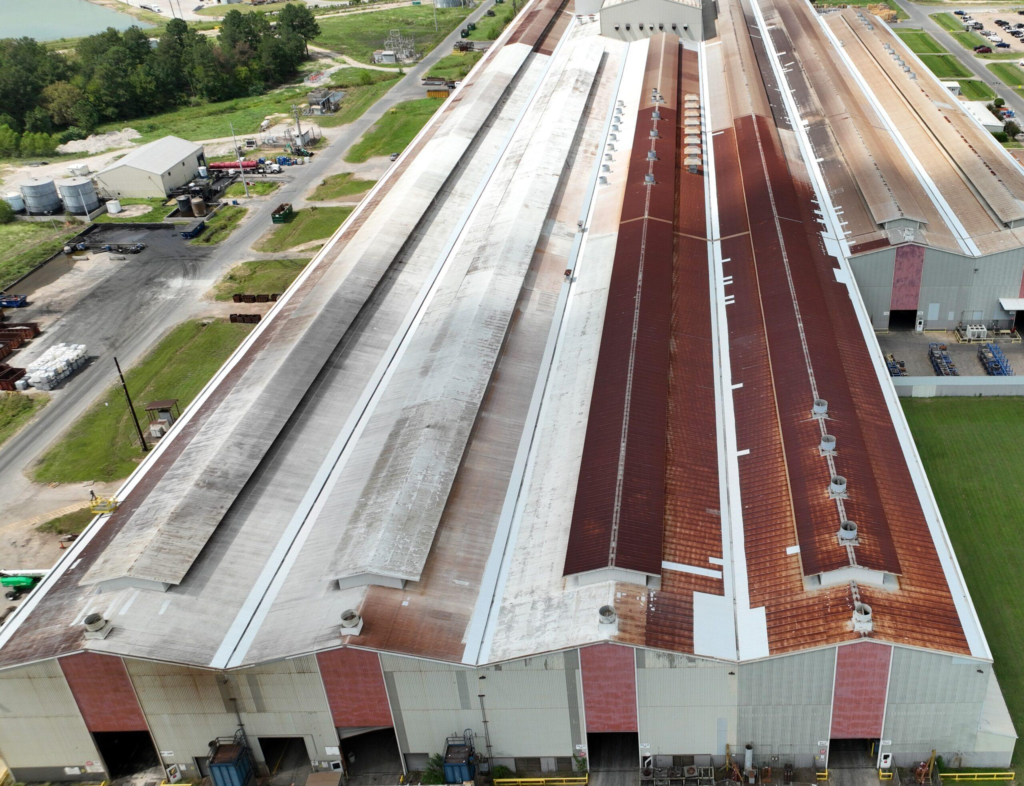Insulation performs an essential role in metallic building construction, offering thermal performance, moisture management, and sound attenuation. As the era progresses, new trends in insulation emerge, enhancing overall performance, sustainability, and value-effectiveness. Staying knowledgeable about these traits is important for metal building contractors to create splendid and power-green homes that meet their customers’ wishes. In this blog, we will explore the contemporary tendencies in insulation technology and talk about what metal building contractors need to recognize to stay ahead in the industry.
The Importance of Insulation in Metal Buildings
Thermal Efficiency
Insulation helps regulate the temperature inside metal buildings, keeping them comfortable and energy-efficient year-round. Proper insulation reduces heat transfer through walls, roofs, and floors, minimizing heating and cooling costs for building owners.
Moisture Control
Effective insulation also acts as a barrier against moisture infiltration, preventing condensation and mold growth. Moisture control is particularly important in metal buildings, where condensation can occur due to temperature differentials between the interior and exterior surfaces.
Sound Attenuation
Insulation helps absorb and dampen sound, reducing noise transmission within metal buildings. This is especially beneficial for commercial and industrial applications where noise control is critical for employee comfort and productivity.

Trends in Insulation Technology
High-Performance Insulation Materials
Advancements in insulation materials have led to the development of high-performance options that offer superior thermal efficiency and durability. These materials include:
- Spray Foam Insulation: Provides excellent thermal insulation and air sealing properties, creating a tight building envelope.
- Rigid Foam Insulation: Offers high R-values per inch of thickness, making it ideal for achieving maximum thermal performance in limited space.
- Reflective Insulation: Utilizes reflective surfaces to reduce radiant heat transfer, enhancing overall insulation efficiency.
Sustainable Insulation Solutions
With a growing emphasis on sustainability and environmental responsibility, there is a rising demand for insulation solutions that are eco-friendly and energy-efficient. Sustainable insulation options include:
- Recycled Content Insulation: Made from recycled materials such as denim, cellulose, or glass, these insulation products help reduce waste and minimize environmental impact.
- Natural Fiber Insulation: Derived from renewable resources such as cotton, wool, or hemp, natural fiber insulation offers non-toxic, biodegradable, and energy-efficient properties.
- Spray Foam with Bio-Based Components: Some spray foam insulation products incorporate bio-based materials, such as soy or castor oil, to reduce reliance on fossil fuels and lower carbon footprint.
Smart Insulation Systems
Advancements in technology have led to the development of smart insulation systems that offer enhanced control and monitoring capabilities. These systems may include:
- Thermal Imaging Sensors: Installed within insulation layers, thermal imaging sensors provide real-time data on temperature differentials, allowing for early detection of potential insulation issues.
- Wireless Monitoring Systems: Integrated with building automation systems, wireless monitoring systems enable remote monitoring and control of insulation performance, optimizing energy efficiency and comfort.

Considerations for Metal Building Contractors
Building Code Compliance
As insulation technology evolves, building codes and standards may also change to reflect new requirements and best practices. Metal building contractors must stay informed about these updates to ensure compliance with local building codes and regulations.
Client Preferences and Budget Constraints
Understanding the specific needs and preferences of clients is essential when selecting insulation materials and systems. Factors such as thermal performance, sustainability goals, and budget constraints will influence the choice of insulation technology for each project.
Installation Expertise
Proper installation is critical to the performance and effectiveness of insulation systems. Metal building contractors should ensure that their team is trained and experienced in installing the chosen insulation materials according to manufacturer specifications and industry best practices.

Conclusion
Innovation in insulation technology is transforming the way metal buildings are designed, constructed, and operated. From high-performance materials to sustainable solutions and smart systems, there are numerous options available to meet the diverse needs of building owners and occupants, particularly in insulation for metal buildings. Metal building contractors play a vital role in selecting, installing, and maintaining insulation systems that deliver optimal thermal efficiency, moisture control, and sound attenuation. By staying informed about the latest trends and advancements in insulation technology, contractors can provide their clients with buildings that are not only energy-efficient and comfortable but also environmentally sustainable and cost-effective in the long run.

